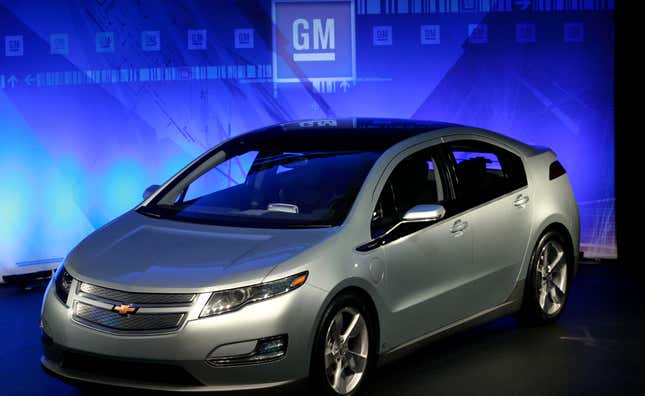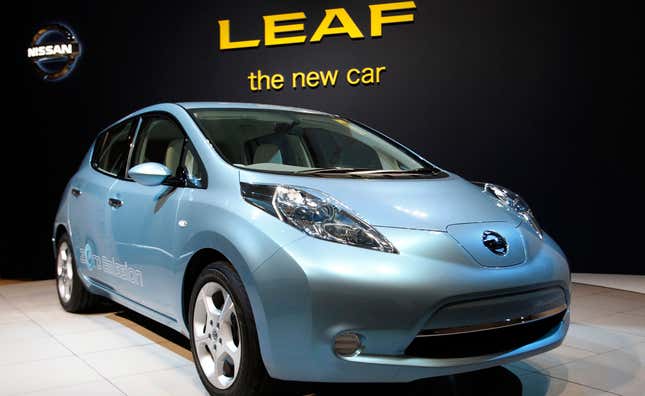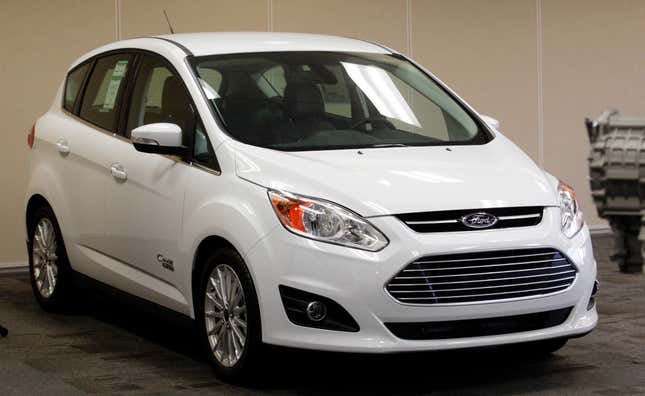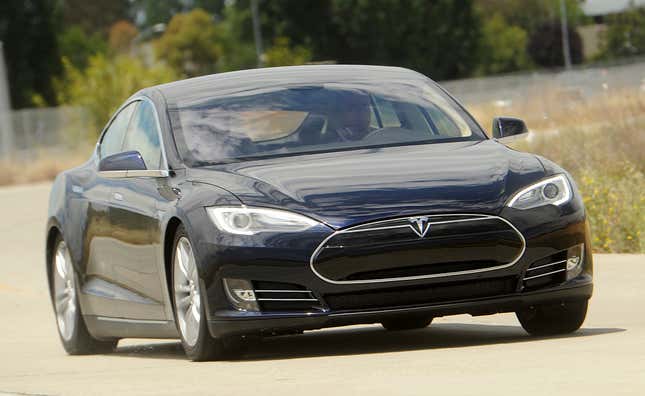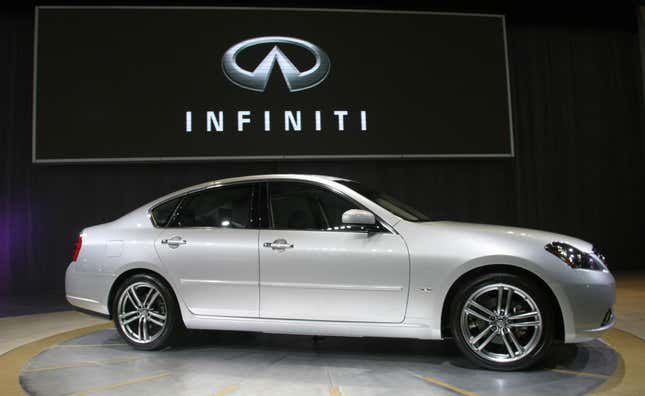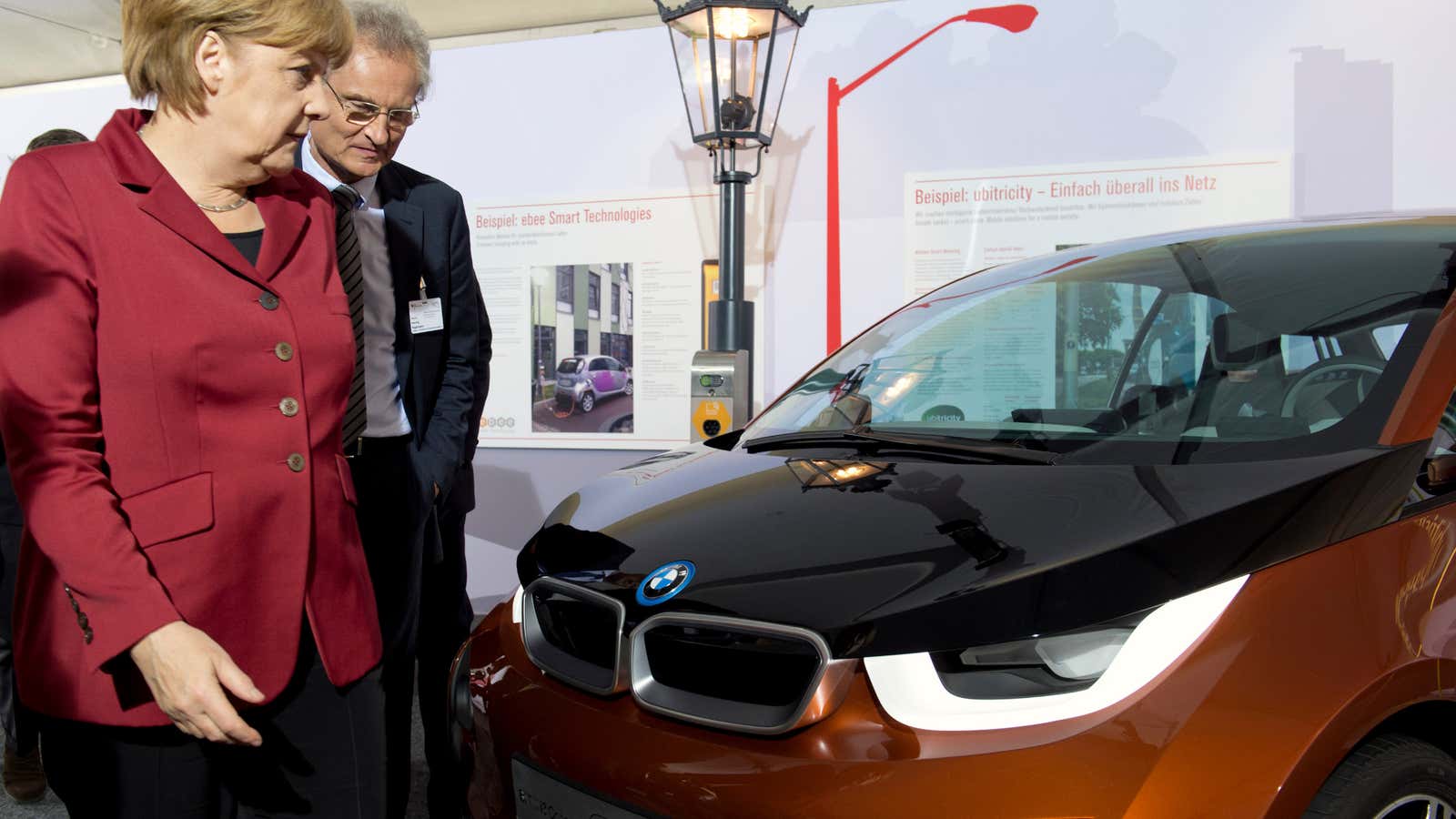BMW takes pride in positioning itself as an elite luxury vehicle, except in the realm of electrics. The company has entered the electric car market with its i3 four-seater city car, which boasts a lower-than-expected price tag that is sure to rattle competitors Tesla and Nissan.
The German car maker announced a base price $41,350 in the US, and €34,950 ($46,000) in Germany. Buyers in the US will also have to pay a $925 transport fee. The BMW will unveil the production version of the i3 in New York, London and Beijing on July 29, while the car will arrive in US showrooms in the second quarter 2014.
Frankfurt-based Commerzbank analyst Sascha Gommel told Reuters that the i3’s “competitive” pricing could help BMW “grab a decent share of the electric-car market.” In 2012, over 150,000 electric vehicles were sold worldwide, while in the first half of 2013, the US sales growth of hybrids and battery powered vehicles outpaced even the pick-up truck segment.
The BMW i3 is priced above electric car competitors like the 2013 Nissan Leaf and 2014 Fiat 500e, both of which cost less than $33,000, as well as hybrids like 2013 Ford C-Max. But it is clear that BMW is setting its sights on Tesla’s turf. The i3 is smaller, cheaper and less powerful than Tesla’s best selling Model S sedan (which starts around $70,000), but the i3 tells us a lot about BMW’s game plan.
BMW has followed Tesla’s lead in making its electric car’s batteries more efficient and lightening the weight of the car. BMW created a separate “i” sub-brand to house its family of eco-friendly cars, and is counting on the i3 and the i8 hybrid sports car, which has scored rave reviews, to drive sales. The lithium-ion battery-powered i3 will have a range of 80-100 miles, significantly lower than 208 miles that Tesla claims the base version of Model S delivers. But BMW is offering a premium option called the i3 ‘ReX,’ an extended-range version that will allow users to drive up to 185 miles without recharging. The price of those vehicles isn’t yet known. Tesla also offers premium options that go above and beyond the 208-mile range. The German carmaker is also pumping in big money into the electric car project. It has already invested 600 million euros ($790 million) in production facilities for the i3, including a new factory in Washington.
The success of the Model S has sent the Tesla stock soaring around 270% this year, and helped the company post its first profit last quarter. But BMW has the potential to threaten Tesla’s dominance in the luxury electric vehicle segment. No doubt CEO Elon Musk is feeling edgy.
Here’s a look at some of the leading electric vehicles that BMW will go up against in the US market.
